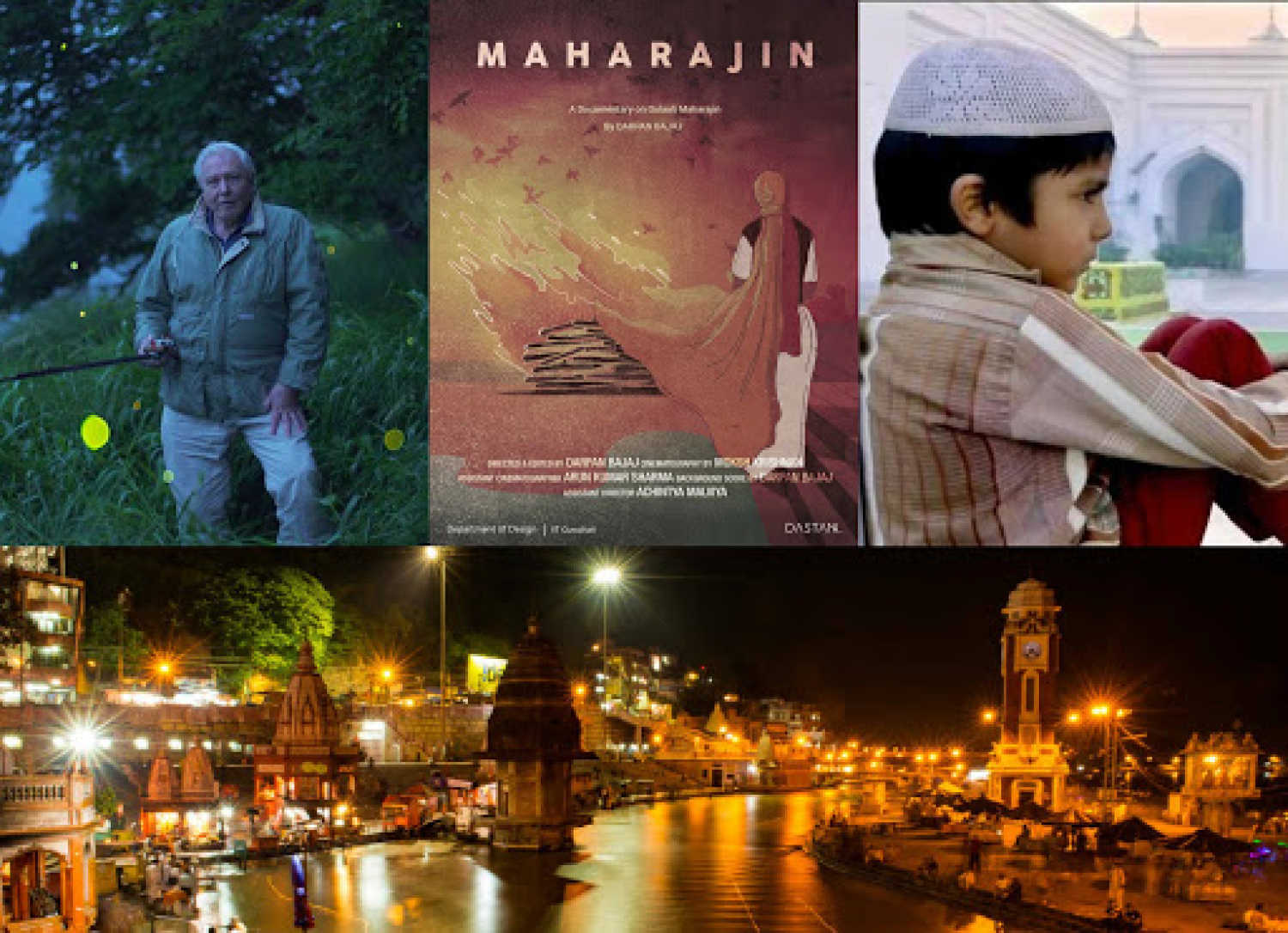The 5th Woodpecker International Film Festival, brought to Delhi films on a wide variety of social issues, from wildlife and environment, livelihoods, gender, social challenges, to films on disability.
News American Australian English Hindi
WIFF 2017 hosted over 76 films batting for social change
New Delhi - 17 Nov 2017 11:52 IST


Ramna Walia
Beyond the number game of weekend collections, elaborate promotional campaigns, celebrity endorsements, and glitzy multiplex, lie filmmakers who have a privileged alternative economy of storytelling.
Film festival circuit continues to fill a cultural void in India’s media saturated lives by giving voice to documentary, short, animation, as well as public service films, that often lay at the periphery of mainstream cinema and its sites of exhibition.
The 5th Woodpecker International Film Festival (WIFF), a four-day event, brought to Delhi over 76 films on a wide variety of social issues, from wildlife and environment, livelihoods, gender, social challenges, to films on disability.
From globally renowned names like David Attenbourough and Daniel Craven, to student filmmakers from Jamia Millia Islamiya, from an hour and a half long feature length documentaries to 4 minute short films, WIFF explored all formats, expertise, and topics.
The breadth of films and social concerns raised in the films points to a range of critical issues that often get side-lined. Narendra Rao Yadav, founder of WIFF, said, “We received over 300 film entries and we’ve tried, for the last few years, to create a space for different films”.
There is, however, a huge market yet untapped and filmmakers and festival organizers express concerns regarding lack of funding to sustain such films, that don’t necessarily fit into the brand of entertainment.
Ssaurabh Tyagi, whose film, Mazhabi Laddu tells the story of communal violence that enters our worldview from childhood, told Cinestaan.com, “Now we have multi-screens and internet, but we don’t really know what to watch. Is Dhinchak Pooja our role model? We’re dumbing down our generation. Sell entertainment, but we also need a proportional dose. I am against the kind of cinema that one makes for oneself.”
Kavita Bahl and Nandan Saxena, directors of Krishna’s Waiting Room reiterated their dedication to the art and the causes it touches upon.
In her response to a question from the audience on profit-making, Bahl said, “I don’t make films to make money. We have a means of livelihood. We can make money from there. We’re clear on that.”
The director of the film Deru, which won Best Film in Environment category, said that he sees such films as a pedagogic tool. “We want to catch them young. If you educate children well and start early, even if someone wants to willfully corrupt them, they won’t be able to do it”, he said talking about his experiences and belief in cinema for social change.
He added, “When Babri Mazjid was demolished, I was in school and I remember people were asked to contribute for bricks-donation. Badges were distributed and I refused to wear one. My faith isn’t so small that I need to wear a badge. They didn’t like it, but it gave a larger message to those around me. One has to become a role model. We need many explosive films, in small packets.”
The key push then is to encourage festivals like WIFF and raise awareness.
As Tyagi points out, the key problem faced by filmmakers who bring their film to festivals, is the lack of awareness regarding such productive and culturally vibrant spaces.
He said, “Till the time I was in 10th standard, I didn’t even know that there is such a thing like a film festival, besides the one we see in theatres and on TV. We’re not aware”.
Woodpecker International Film Festival brought together a vast community of filmmakers allowing the public to access a varied selection of films for free.
A greater role and investment, however, is needed to sustain this cultural space and engender interest of general public. In the ever-changing, fast-paced urban life, films can perhaps be one of our last means to stay connected with ground realities.
Related topics
Woodpecker International Film Festival
